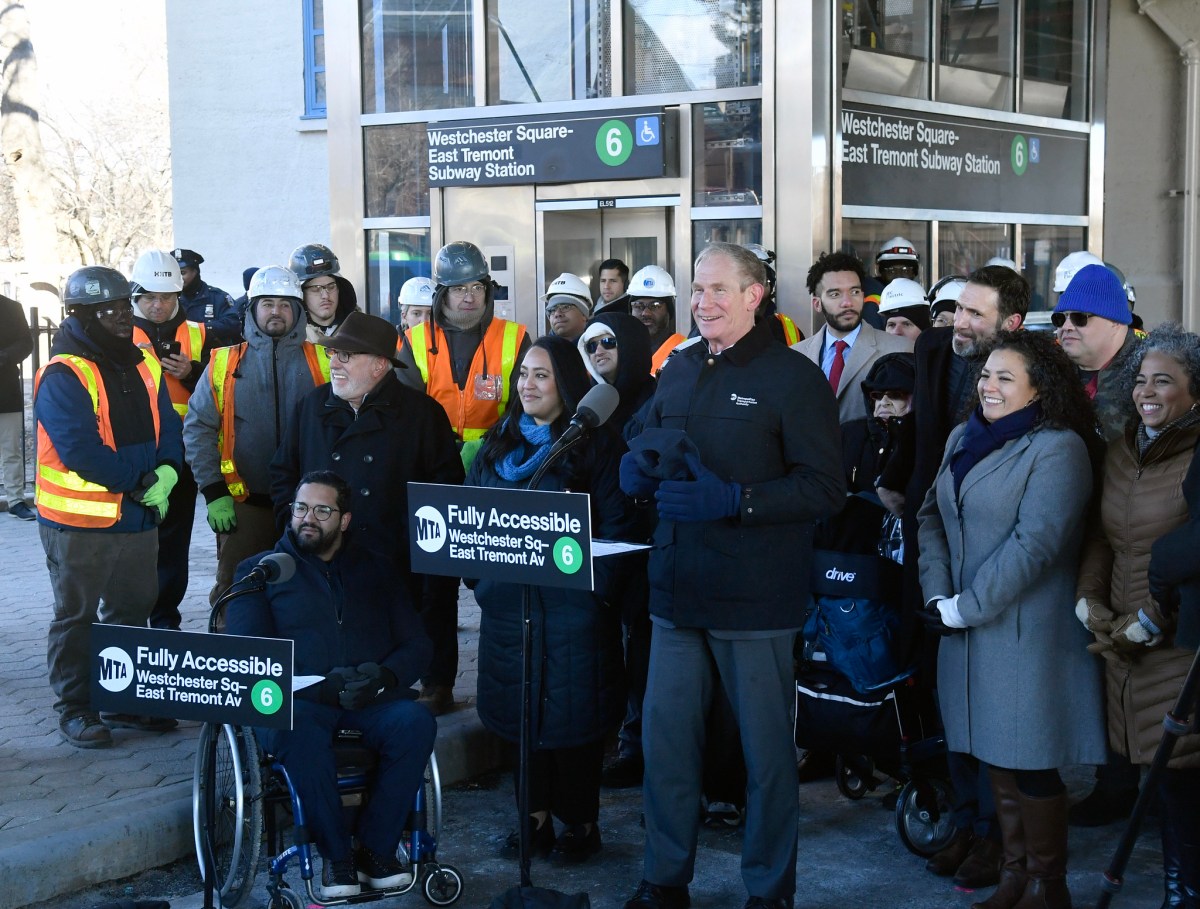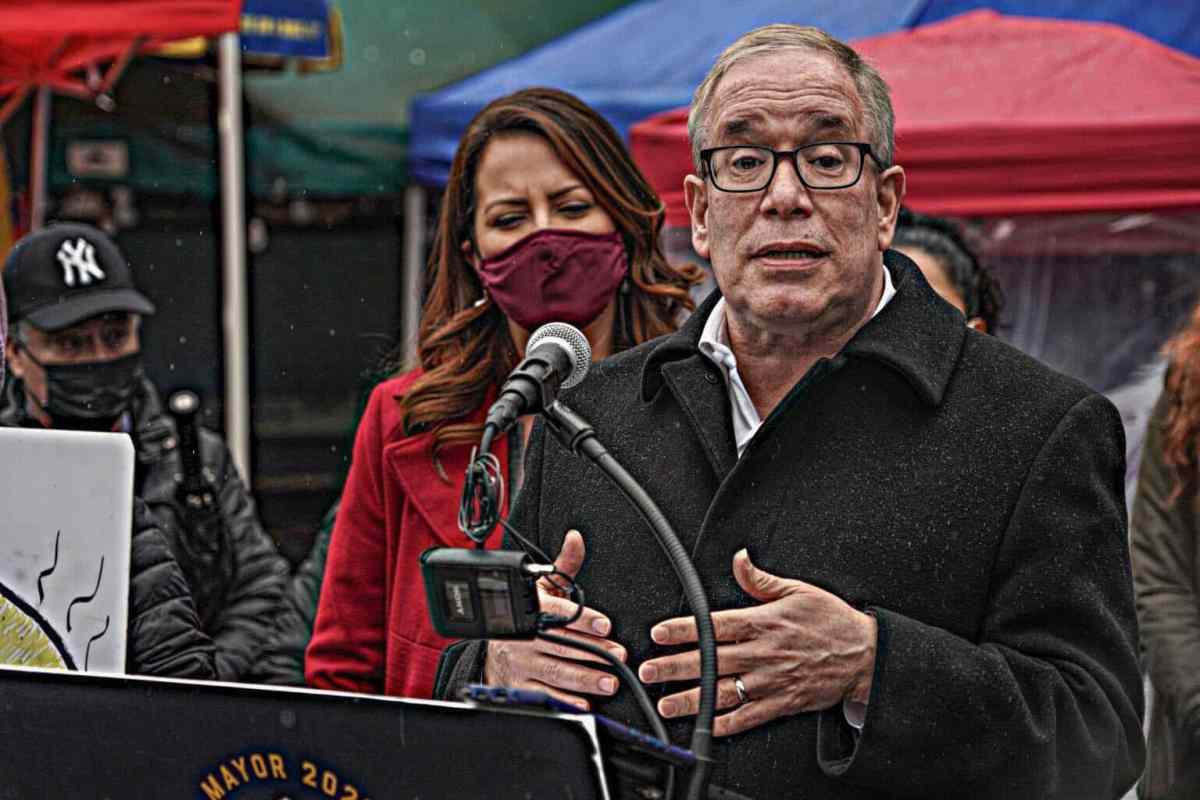WASHINGTON (Reuters) – President Joe Biden’s administration said on Thursday it is moving to withdraw a Trump White House rule that sought to bar states from setting vehicle emissions rules or zero-emission vehicle mandates.
The National Highway Traffic Safety Administration (NHTSA) said it was proposing to revoke the Trump rule issued in September 2019 that declared that federal law pre-empted state action on vehicle emissions.
The move removes “a potential barrier to states implementing tough greenhouse gas and zero emission vehicle regulations,” the NHTSA said in a statement.
After formal publication, the matter will be open for comment for 30 days and then revocation could be finalized.
About two dozen U.S. states filed suit to block a pair of Trump actions that sought to remove California from vehicle emissions regulations. Those court challenges are pending.
The Environmental Protection Agency is expected to move by next week to begin the process of restoring California’s waiver under the Clean Air Act, the landmark federal law to combat air pollution, to set its own emissions rules, which was also revoked under former President Donald Trump’s administration.
The EPA in 2013 granted California a waiver for its tailpipe greenhouse gas emissions and zero-emission vehicle regulations. In tandem with the NHTSA 2019 rule, it revoked the waiver under Trump.
The NHTSA and EPA are separately reviewing the Trump administration’s March 2020 rule that finalized a rollback of U.S. Corporate Average Fuel Economy standards to require 1.5% annual increases in efficiency through 2026, well below the 5% yearly boosts in Obama administration rules that it discarded.
During the 2020 election campaign, Biden vowed to “establish ambitious fuel economy standards” and to negotiate them with workers, environmentalists, automakers and states. Biden directed the agencies to issue a proposal by July.
John Bozzella, who heads an auto industry trade group, said automakers back Biden’s goal of “working toward a net-zero carbon transportation future that includes an accelerated shift to electric-drive vehicles.”
He voiced hope the announcement would lead to “a revised national program that includes California and brings all automakers under a unified set of common requirements and ensures a level, competitive playing field” that takes into consideration consumer needs and market realities.
Senate Commerce Committee Chair Maria Cantwell praised the action to restore “the rights of states like California and Washington to combat air pollution.” The Democrat said that the committee in May “will consider ways to modernize the national fuel economy program.”
(Reporting by David Shepardson; Editing by William Maclean and Peter Cooney)























